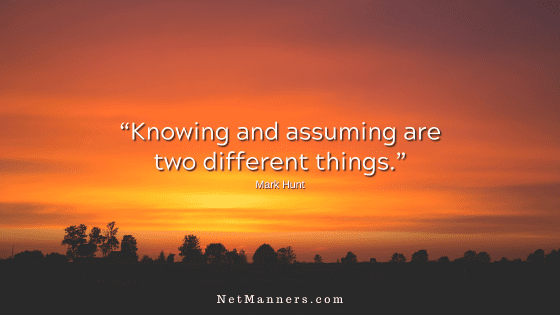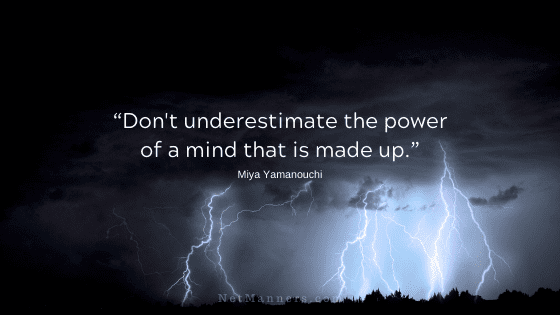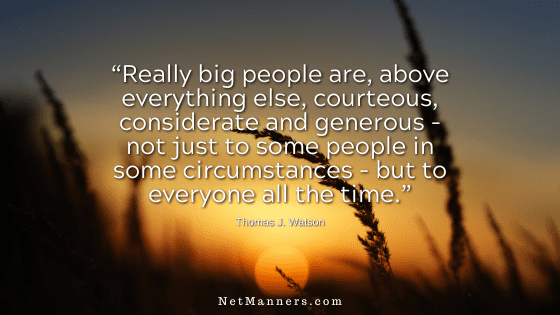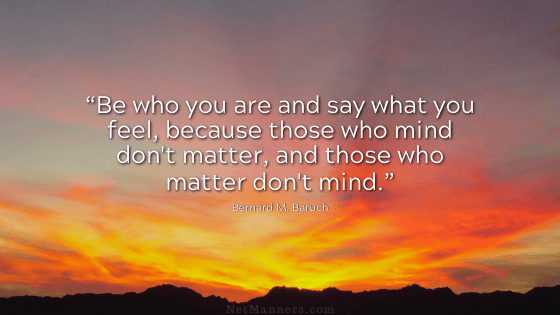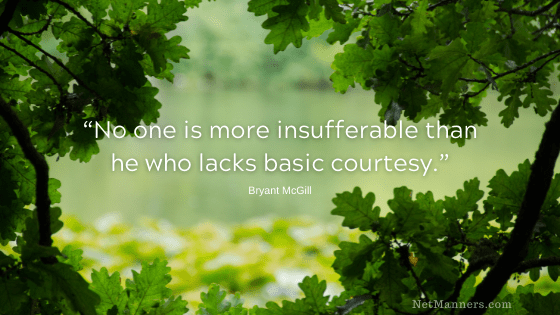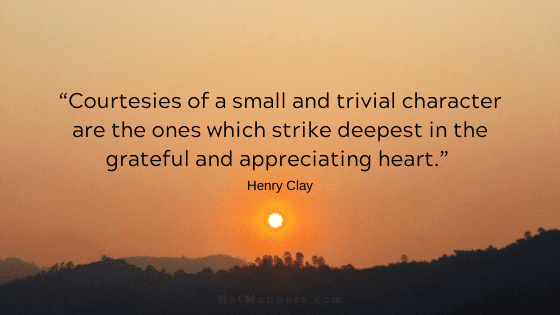7 Online Copyright Myths
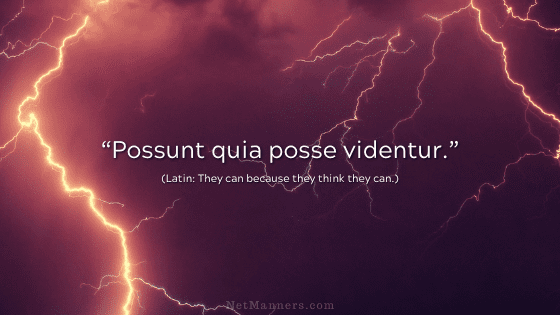
One of the most misunderstood issues online has to do with copyright. Both with email and website content copyright issues. For some reason, as with many things online, there is this incorrect perception that anything goes or that the entire online world is “public domain.”
Many are finding out the hard way that copyright is the law for protecting creative collateral. And copyright laws can and are being enforced online.
No, I am not an attorney. Nor do I play one on TV.
But I can help you avoid potential problems by guiding clients for decades about the issues involved in using others’ work. Hopefully, this effort will help you not to find out the hard way that copyright is alive and well online.
Questions and Answers About Online Copyright
Can I right-click, save anything online and use it how I wish?
This is a perfect example of just because you can doesn’t mean you do. Those graphics or files were created by someone out there. They legally attained the copyright upon that file creation.
There is no changing that. Without their specific (preferably written) permission to use that file or graphic, you have no right to take it and use it as you please.
There is no exception to this rule. Always ask a site owner before you illegally swipe anything off their site to display your website, social media, or email blasts.
As long as I note the author’s name, can I use their website’s content on my website?
Although you are being nice and giving credit where credit is due, you still need to ask the author’s permission to use their work.
The author may not want their information posted anywhere off their website, or they may disapprove of your site as a venue for their information. That is their choice to make, not yours.
Just because you choose to give credit doesn’t permit you to use another creator’s collateral. Always ask a site owner if you can use their content before putting it on your website.
Can I link to graphics on other sites so they display on my website?
Okay, maybe you didn’t download the graphic and put it on your server, but the bottom line is still the same if you display someone’s work on your site without their permission.
And, to make things worse, you are using their server’s resources to display their files on your site. Not a good look.
Can I display pages from other websites within frames on my website?
No, you cannot. It makes sense that website owners prohibit their site pages from being framed within another site because it gives the impression that the other site created the information.
Many times folks don’t realize the implications and innocently do this. They don’t want to send site visitors off their site for the information they want to provide. Others do so intentionally to give the impression it is content they created.
If you discover content you want to bring to your visitor’s attention, write a post about the topic. Then, within your commentary, you create a link to the information you like and ensure a new window opens when clicked. This ensures that your site is still available to your site visitors.
Do I need their permission to quote a portion of other websites’ content and link to them?
Online is about building relationships and trust. Always erring on the side of courtesy will help you do just that. But, of course, it would behoove you to have permission to do so.
Using only select portions of text allows you to give the wrong impression about the author’s overall content. This can be misleading when not in context.
If you want to quote any written work in whole or part, ask permission and link to them. That’s how it is done.
When I pay someone to create graphics for my website, do I own the copyright to those graphics?
Not necessarily. Unless your agreement with the graphic artist explicitly states that upon your payment, all of their rights are transferred to you, you most likely only have an exclusive license to use those graphics. In addition, purchasing the full copyright will cost you much more than simple exclusivity.
Is email copyright protected once it is sent?
Email is a written work that, once created, is copyright protected by the author. This means you cannot post publicly an email sent to you privately. You cannot post private emails to your site, to message boards, or to your blog without the author’s specific permission to do so.
Because an email was sent to you as a private communication does not mean you own it and can do what you like. In addition, an email that is posted to a group of people on a mailing list, social media, or newsgroup does not make the email available for reposting, copying, or any other use.
“Sharing” in social media is different because it displays the original poster’s information and the person who shared the post. To avoid using the built-in share feature so works appear as your own is not appropriate.
What’s the bottom line with online copyright?
Courtesy. It’s as simple as that.
Don’t assume you can use, repost, or take anything you find online simply because you can. Instead, be a courteous Netizen and always ask first.
Seek out the DMCA (Digital Millennium Copyright Act) page and policy statement on your ISP and hosting provider’s websites. Take time to read that information, be aware of your rights, and not infringe on others.
The primary resource for all the legal mumbo-jumbo on online copyright and the DMCA is on the Government’s site @ https://www.copyright.gov/.
Again, I am not an attorney or providing legal advice. However, I hope I’ve informed you of some of the issues that need to be seriously considered by all online, whether you are creating your own or using others’ creative or written works.

